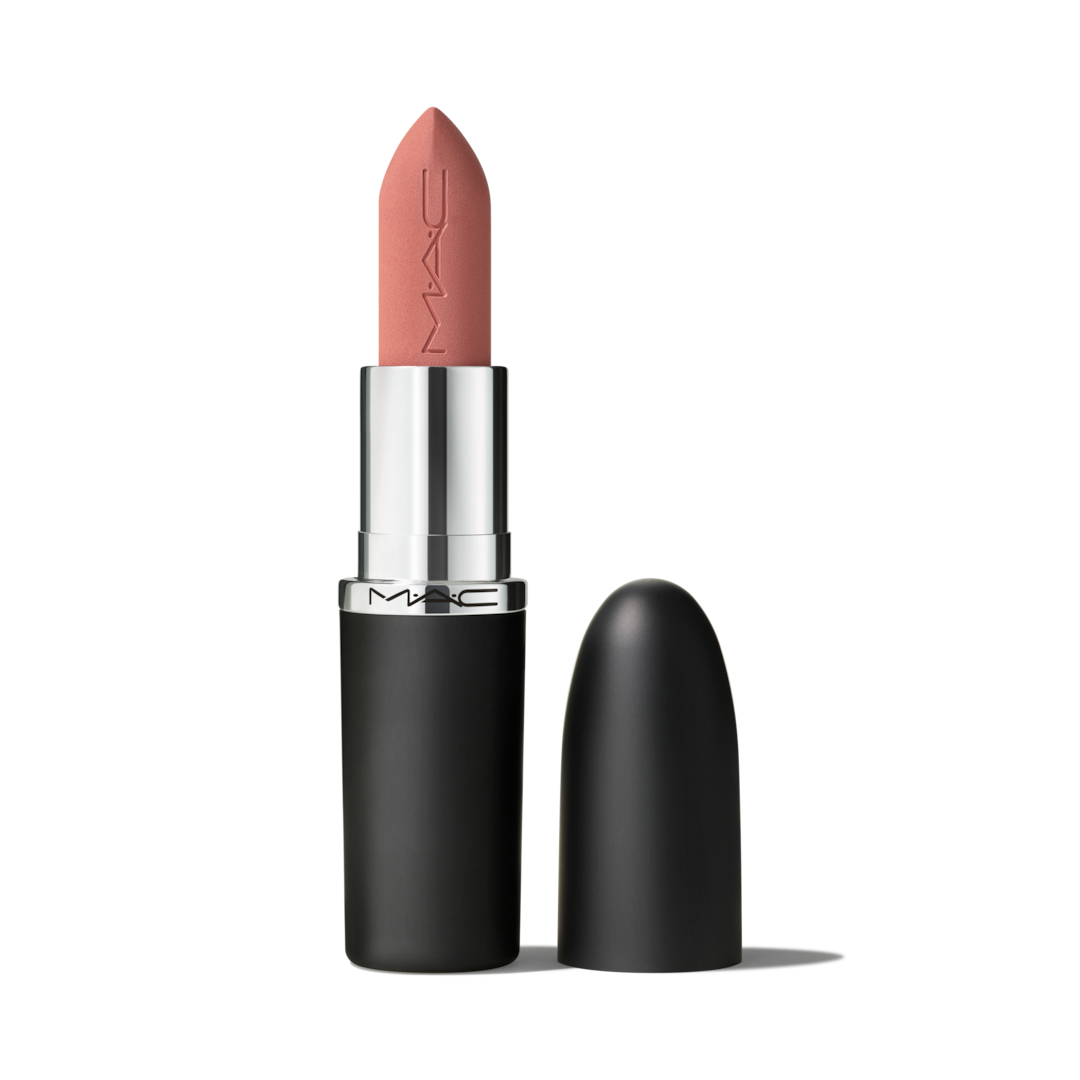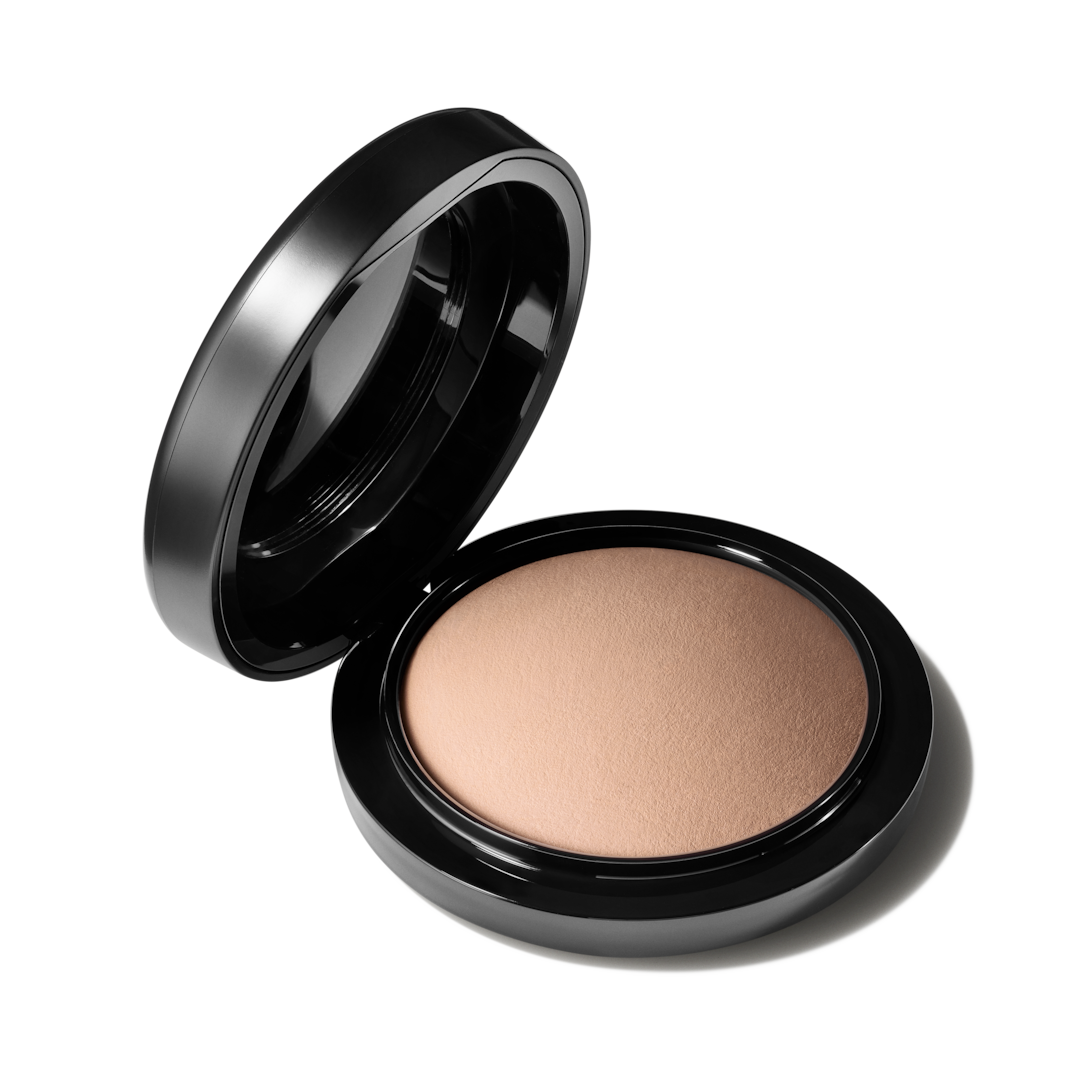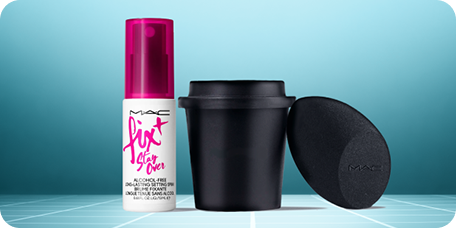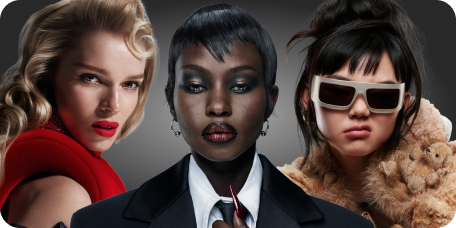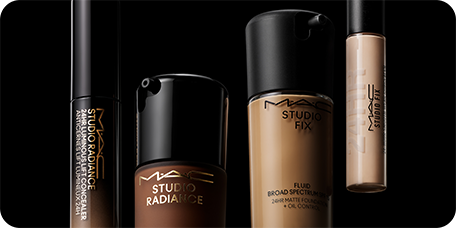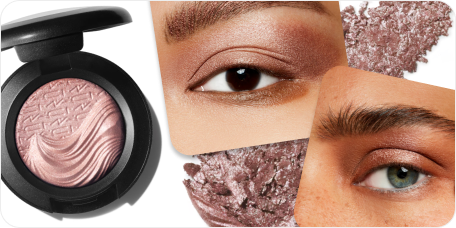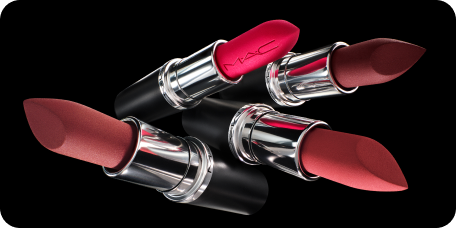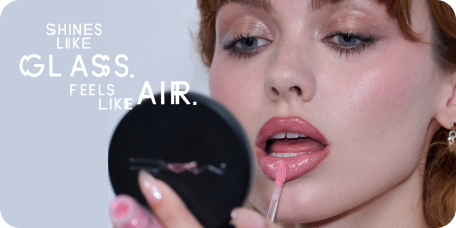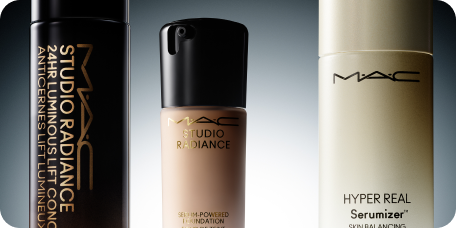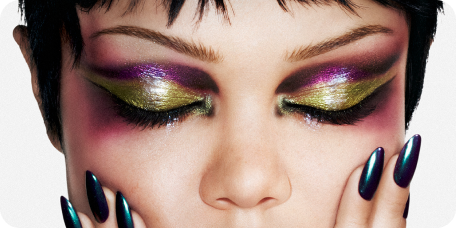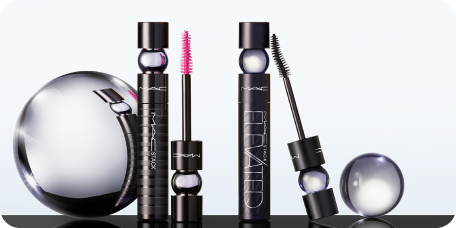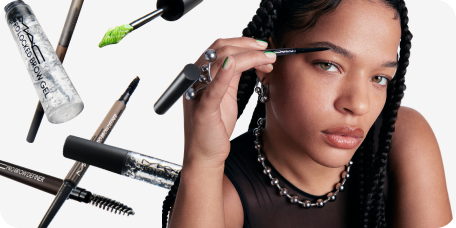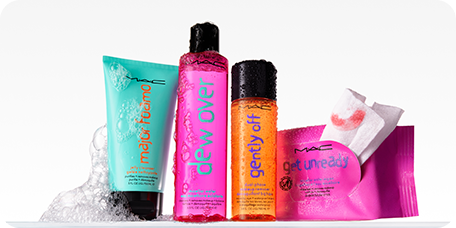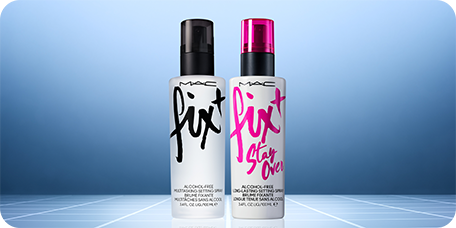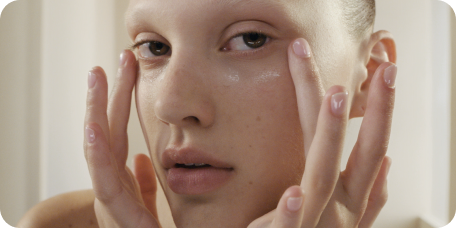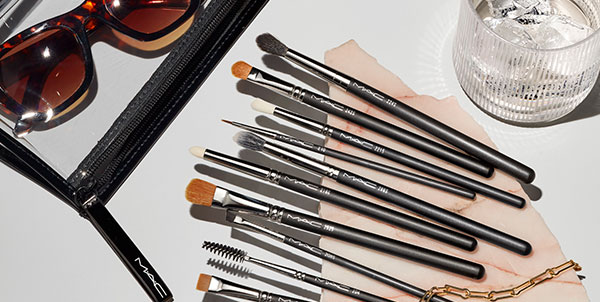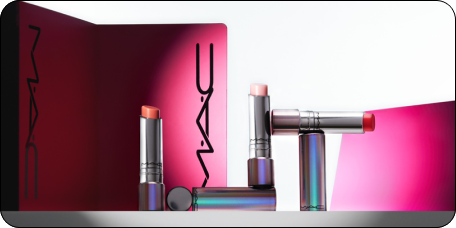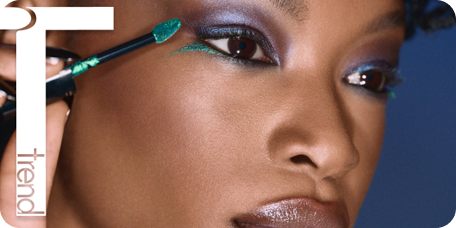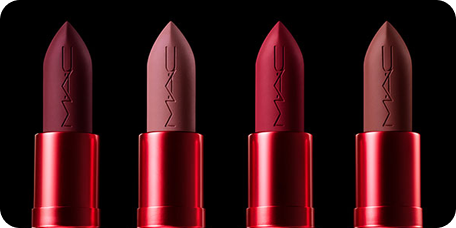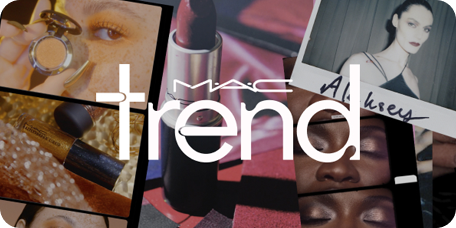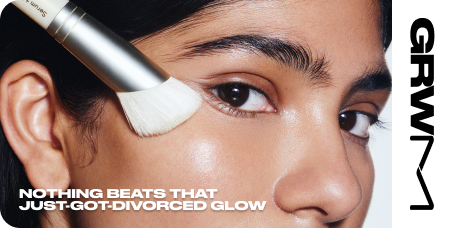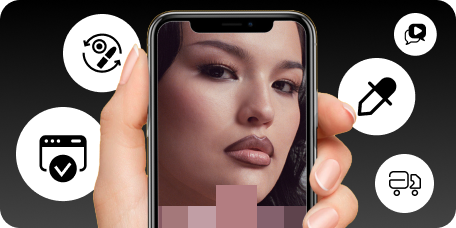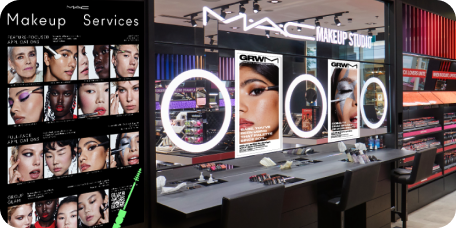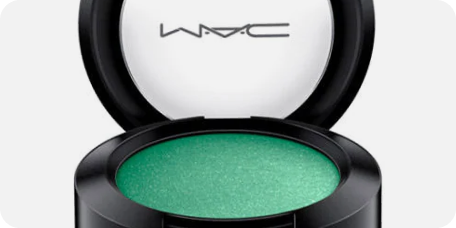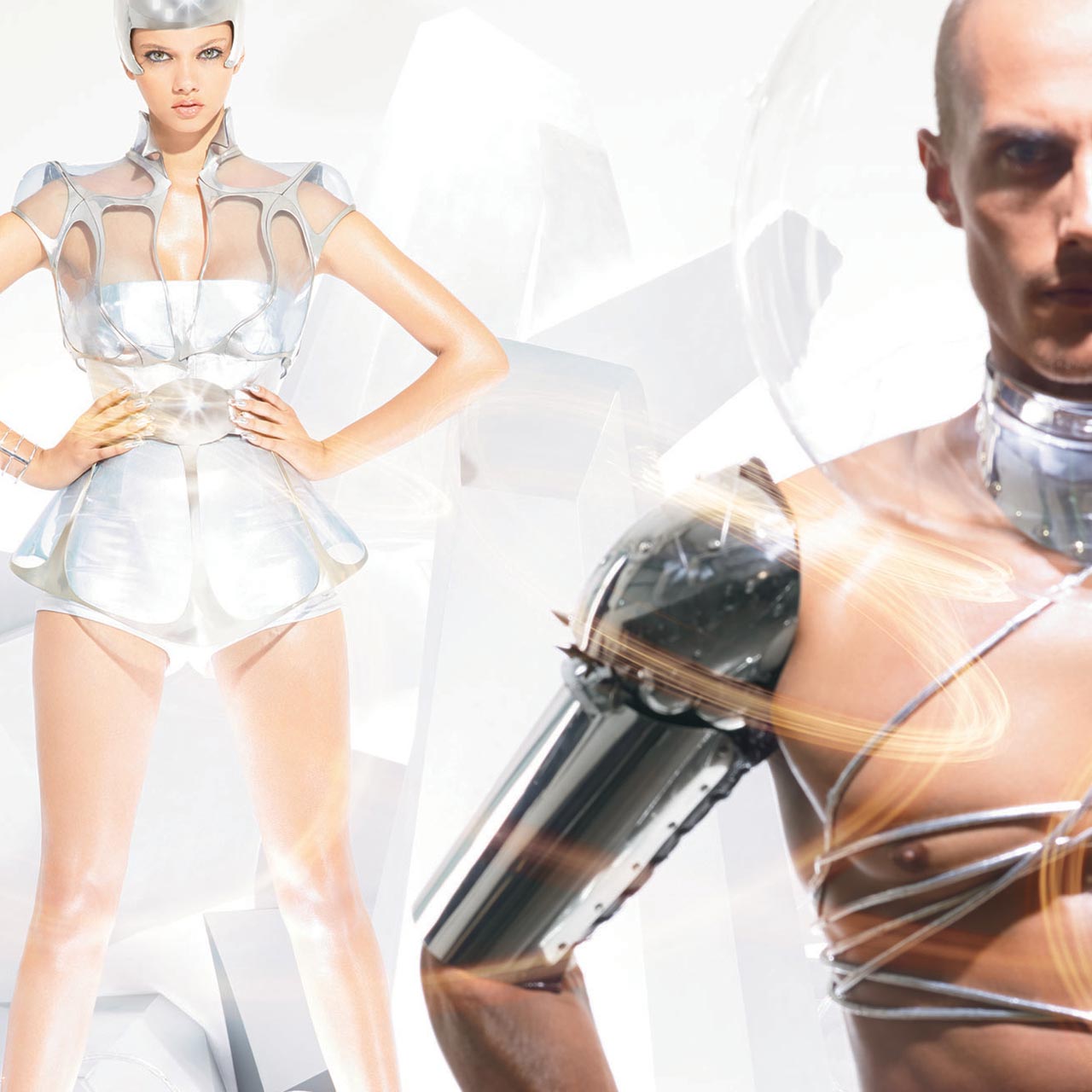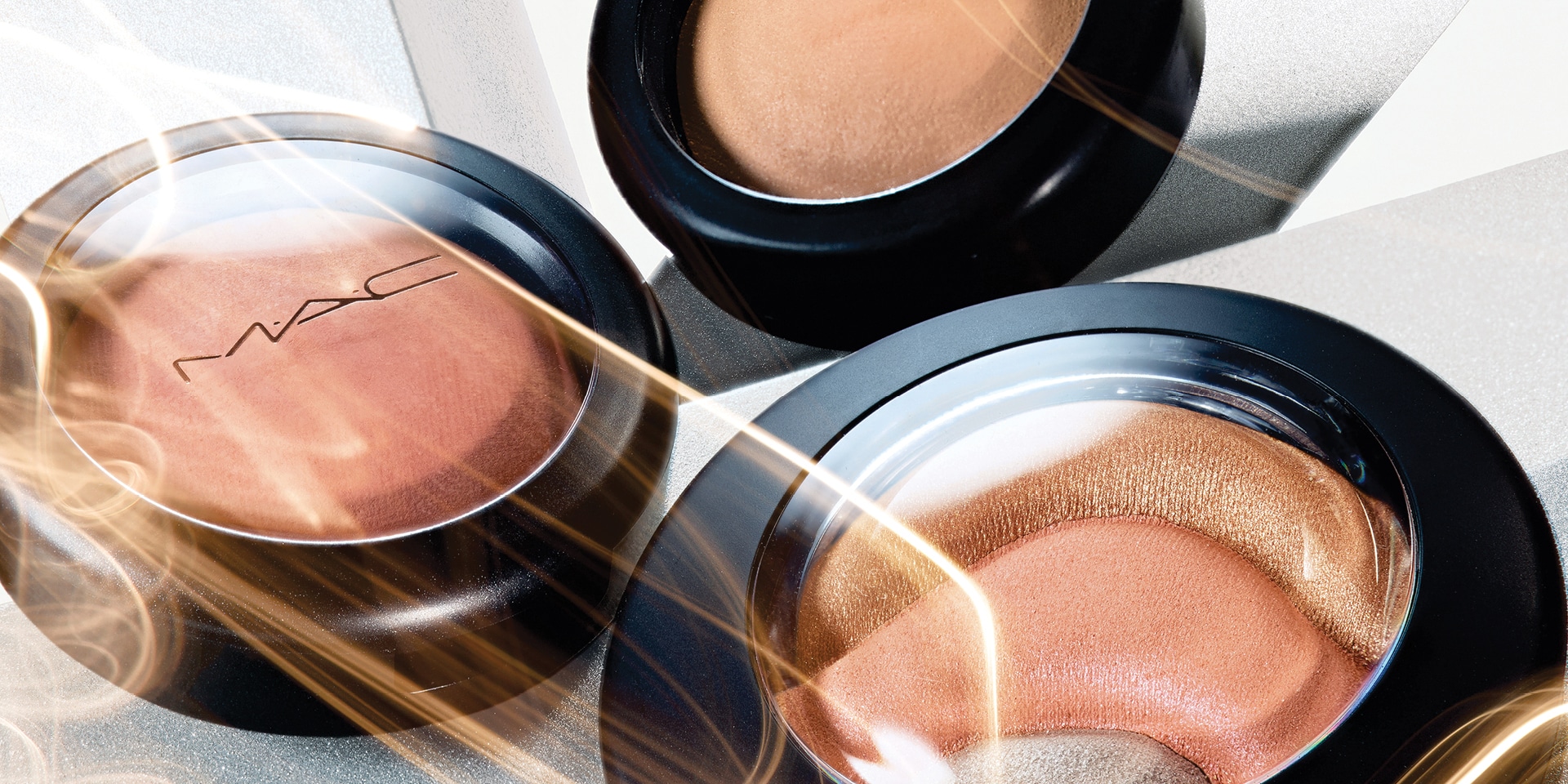MEET THE CYBORGS
Neil Harbisson and Moon Ribas are among the first human beings to use technology to extend their human senses. Is this the future?
Imagining our future can be a beautiful or daunting thing, depending on how we feel about today. There are those who don’t wait for tomorrow to find out! Where most children are content to escape into video games, self-described cyborgs Neil Harbisson and Moon Ribas were interested in playing with the limits of the human body. Neil, who was born not able to see colour, has an implanted Wi-Fi antenna in his head that allows him to “hear” and perceive colour through sound, including in infrared and ultraviolet — a spectrum not naturally accessible to humans, and is even experimenting with extraterrestrial hues. Meanwhile, Moon is in touch with the deepest secrets of the earth. Professionally trained in experimental dance, she has an elbow implant that registers seismic pulses, which dictate the rhythms of her elaborate choreography. She and Neil often pair their talents for “colour concerts,” which no one can prepare their own senses for. Audiences have been known to faint from overstimulation!
When did you get interested in manipulating your own senses?
Neil: I’ve always seen in greyscale, and still do. It never felt like a disability. I saw it as positive in many ways, but I felt a social wall between myself and other people.
What were some of your early attempts to experience colour?
Neil: My sense of colour was related to different people and character. After that, I used the piano — each key was a specific colour. When I studied musical composition, I also studied electro cybernetics, and that’s when I started a project creating a new sense for colour. It was the first step of getting technology involved.
How did you get it made?
N: In 2003, I first developed a software program, so I had a computer I’d wear on my back. Then it was developed into a chip. I had to find a doctor willing to implant it. It wasn’t accepted by the bioethical committee at the time. They said it wasn’t normal to see infrared and ultraviolet colours, that it was unnatural. So, I had to go underground.
How does your version of colour perception impact how you dress?
N: I dress the way I want to sound. If I want to dress in C Major, then I wear pink, blue and yellow. If I want to dress in a minor chord, it will be different. We are working with a new designer on wearable songs!
What looks good to the eye may not sound good to you?
N: Yeah. Like makeup, for example! Green lipstick sounds much better than red lipstick. Green sounds better with the sound of the skin. Everyone has F# (F Sharp) skin; black people and white people, we all share the same hue, which is orange.
“Becoming a cyborg is a way we can connect
to nature in a new way. The more senses
we have, the better sense of reality we have.
Humans always want to transcend.”
How would you describe what it’s like to have Wi-Fi as a “sense”?
N: Mainly, it allows me to separate my senses from my body. I can also use it for other things, like receiving phone calls or music directly.
How is experiencing extraterrestrial colour different than earthly colour?
N: I get the sense of being somewhere entirely different. My body and my senses are in two different worlds. It feels special, psychologically, to have your senses up there. It affects me very deeply.
N: We did a concert together where Neil was playing the colours of space, and I was dancing to the rhythm of earthquakes.
Has anyone had a strange reaction to your performances?
N: We’ve had some bad experiences with our concerts. The first one, I had to stop because I got dizzy. Also, people from the audience left because they were overwhelmed.
M: Now we have to warn our audience, or give them earplugs!
Moon, how does your seismic elbow implant work?
M: I was interested in feeling a more universal movement. I realized that the Earth keeps moving constantly, but we ignore it. I thought it would be amazing for one body to feel that movement. So, my chip connects to an online seismograph.
Have you ever scared yourself with your senses?
N: Infrared is interesting because you sense infrared in places there shouldn’t be infrared. So you wonder, why is there infrared? It’s mysterious. It gives the sense there is something there in front of you. Some kind of presence.
What do you think the cyborg can offer society?
N: A greater awareness of nature and space. Becoming a cyborg is a way we can connect to nature in a new way. The more senses we have, the better sense of reality we have. It’s about becoming a species that can survive in space. Humans always want to transcend. We moved from the sea to the land to the sky. We’re always trying to escape, like a baby from its mother’s womb. Space is next.

